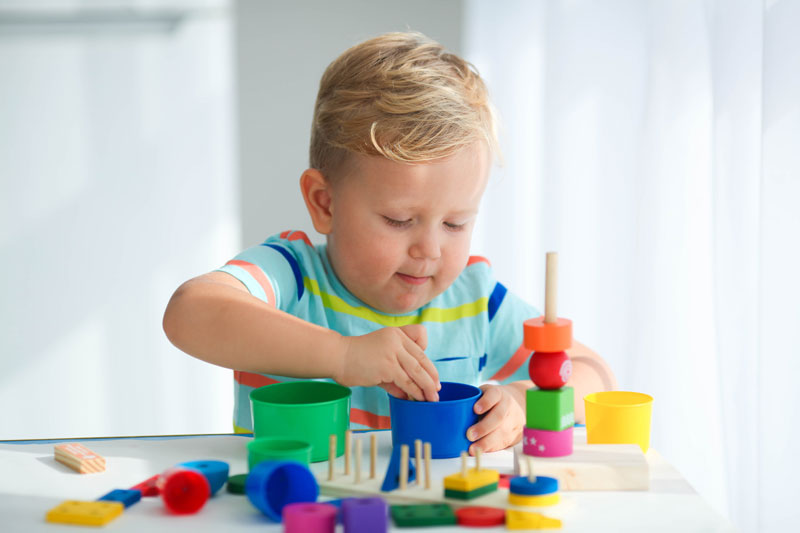Strategies for Managing Toddler Tantrums for New Moms

Toddler tantrums are one of the most challenging parts of raising kids, especially during early motherhood. The sudden outbursts, loud crying, and public meltdowns can make new moms feel exhausted and overwhelmed.
However, toddler tantrums are completely normal and are part of toddler development. Therefore, it is important to understand the reasons and methods for managing toddler tantrums. Learning how different parenting approaches affect young children can also help you respond more effectively when tantrums occur.
Why Do Toddlers Have Tantrums?
Generally, toddlers throw tantrums because they don’t understand how to express their feelings in words. Additionally, they are still learning to handle strong emotions such as anger, disappointment, frustration, and jealousy. Tantrums typically occur when they feel overwhelmed by intense emotions.
Understanding the triggers can help parents in managing toddler tantrums effectively. Some of the common triggers include hunger or tiredness, frustration due to being unable to do something on their own, being told “no” or not getting what they want, overstimulation, or changes in their routine, and seeking attention.
Parents need to understand that tantrums are not signs of bad behavior. They are simply part of how toddlers learn to understand and manage their emotions. It may be hard during the tantrum moment; however, staying calm and supportive can help toddler feel safe and eventually learn how to regulate their feelings.
5 Strategies for Managing Toddler Tantrums

Managing toddler tantrums can be overwhelming. However, there are several practical ways to handle it calmly and constructively.
1. Identifying the root cause
First, identify the root cause. If it is due to being tired, hungry, or overstimulated, address those needs first. Sometimes, offering a snack, a nap, or a quiet space can help alleviate your toddler’s tantrum.
2. Distraction
Another method you can try is to distract your toddler’s attention to something new and interesting. Offer them their favorite toy, play a song, or show them something happening outside. This can help them shift their focus and break their frustration.
3. Staying Calm
It is easy to get upset and impatient when your child is having a full-blown tantrum. However, staying calm and composed can help your children feel secure and less likely to become upset or escalate the situation. Reacting to tantrums with anger or yelling often exacerbates the situation.
4. Setting Boundaries
Help your children by setting clear and consistent limits using a gentle and steady tone. No need to over-explain or reason with a toddler during a tantrum because most likely they will not be able to understand. Instead, offer age-appropriate choices if possible, such as “Do you want the red shirt or the white shirt?” which helps them feel more in control.
5. Offer Comfort
Lastly, once the tantrum subsided, offer comfort and reassurance. Calm words and quiet time together can help your child feel safe and supported. They will learn that big feelings are okay, and you are available to help them through it. Creating a calming and child-friendly play space at home can also support emotional regulation throughout the day.
What to Avoid During Tantrums?
It is easy to get frustrated, and you may want to resort to yelling, punishing, or giving in just to stop your toddler’s tantrum. Your toddler may imitate you when you react harshly to them. Meanwhile, giving in teaches your child that tantrums are an effective way to get what they want.
Giving space is sometimes necessary; however, do not ignore your child completely. They need to feel emotionally seen, even when their behavior is difficult. Try to remain calm and stay nearby. Let them know that you’re available once they settle down.
Do not bribe your toddler to stop crying with candies, screen time, or various other things they like because it can encourage manipulation. Finally, don’t reason with your children when they are at the peak of their tantrum because they are unable to listen. Wait until they have calmed down before discussing what happened.
When to Seek Help
Tantrums are normal in toddlers, and managing toddler tantrums can be done. However, there are cases when you should consider seeking help. For example, when the tantrums are severe, they may cause harm to themselves or others, worsen after the age of four, or significantly interfere the family life.
Consult your pediatrician or a child psychologist if your child exhibits signs of worsening tantrums. You will get the necessary help managing toddler tantrums.
Have you experienced any challenges with tantrums lately? Share your story in the comments; we’d love to hear from you. And if this article was helpful, please share it with a fellow parent who might need it too!







